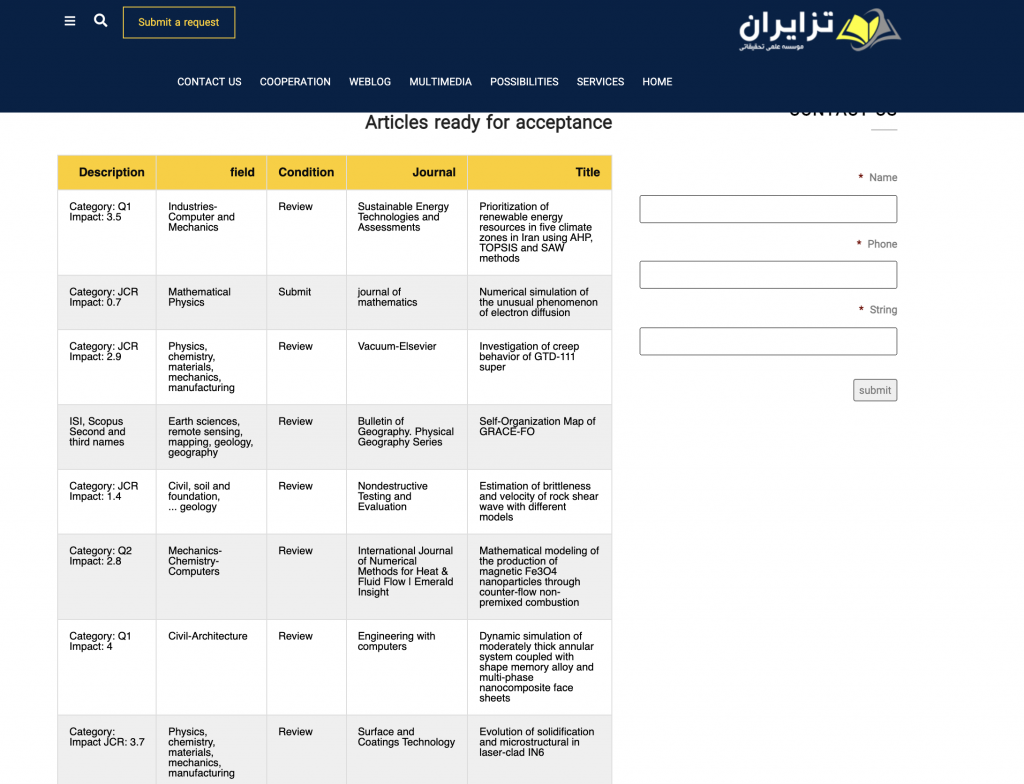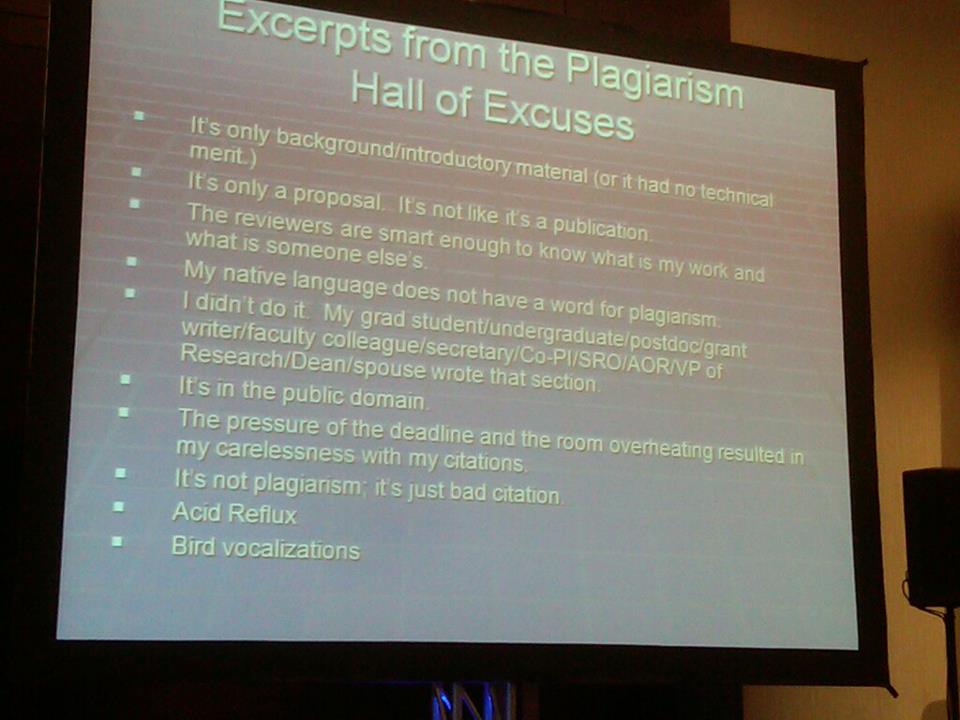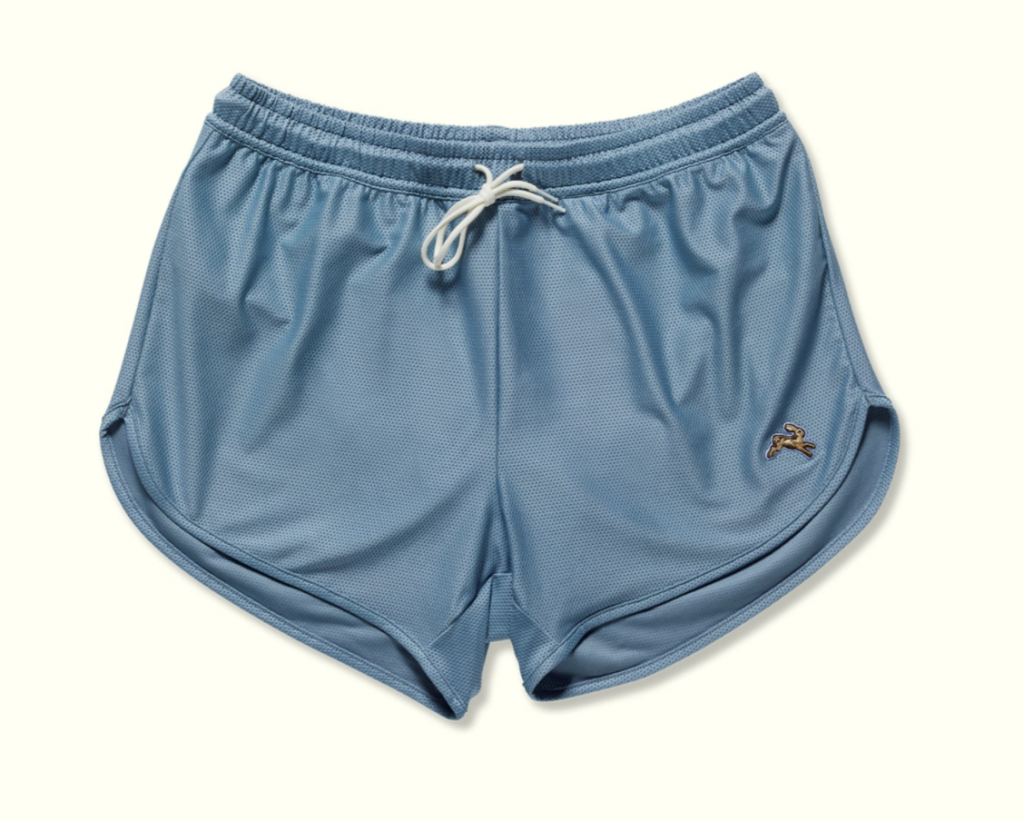Two years ago, we reported on a website based in Russia that claimed to have brokered authorships for more than 10,000 researchers. (Apparently, neither our coverage nor a cease-and-desist letter from Clarivate Analytics had any effect on the site’s operations.)
And now, we bring you news of what look like two very similar sites — one out of Iran, and one out of Latvia.
The site in Iran, Teziran.org, claims to offer a variety of services, from help with immigration issues to scientific training. What caught our eye in particular was a section of the site (pictured above) that lists a number of “articles ready for acceptance” — at least by Google Translate:
Continue reading Introducing two sites that claim to sell authorships on scientific papers




